3D scanning and motion capture is of paramount importance for content creation, man-machine as well as machine-environment interaction. In this course we will continue the topics covered by the 3D Scanning & Motion Capture as well as by the AI-based Graphics & Vision lecture. In the spirit of ‘learning by doing’ the students are asked to implement state-of-the-art reconstruction methods or current research topics in the field:
- human motion capturing (e.g., Fusion4D, BodyFusion)
- real-time facial motion capturing (spare and dense approaches)
- 3D scene reconstruction (e.g., BundleFusion)
- scan refinement (e.g., ShapeFromShading)
- neural rendering of 3D content (e.g., DeepVoxel, NeuralRendering)
- scene completion (e.g., ScanComplete)
- 3D object retrieval and alignment (e.g., Scan2CAD)
- scene understanding, instance segmentation (e.g., ScanNet, 3D-SIS)
- (neural) radiance fields (e.g., NeRF, GSplats)
- distilling image diffusion models for 3D reconstructions
The students shall get familiar with state-of-the-art 3D scanning and will be assisted by current PhD students working in this field (regular office hours). To ensure a good progress during the semester, we will have mandatory meetings (every two weeks) where the students report their current state. At the end of the course, the students are asked to give a talk about their project and results.
They will work with C++ / PyTorch and implement advanced 3D reconstruction methods.
The number of participants will be limited to a max. of 20.
The first meeting will be on April 23rd 2025, 11am in room 2.3.10 at Mornewegstrasse 32 (S4|14).
- Dozent*in: Justus Thies
